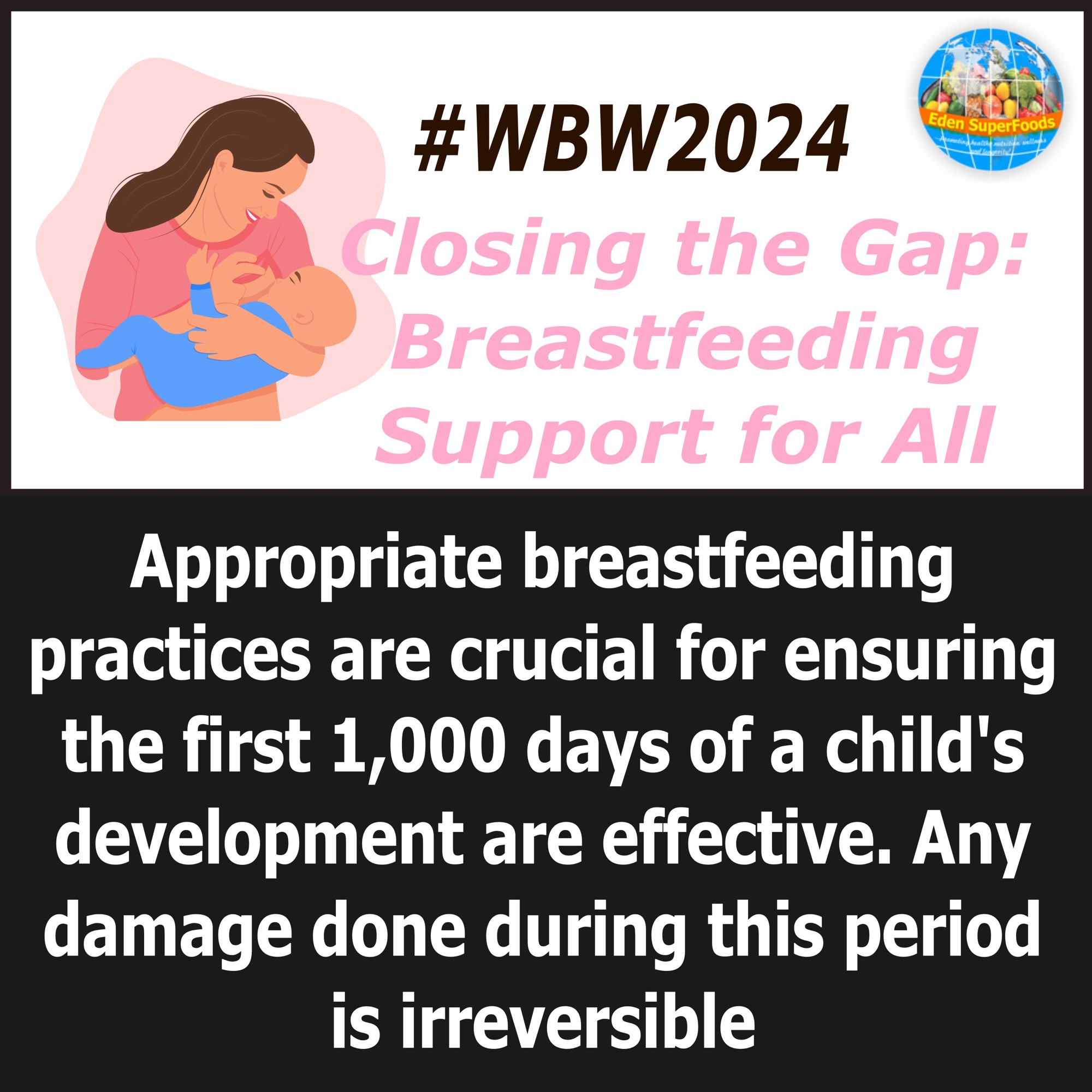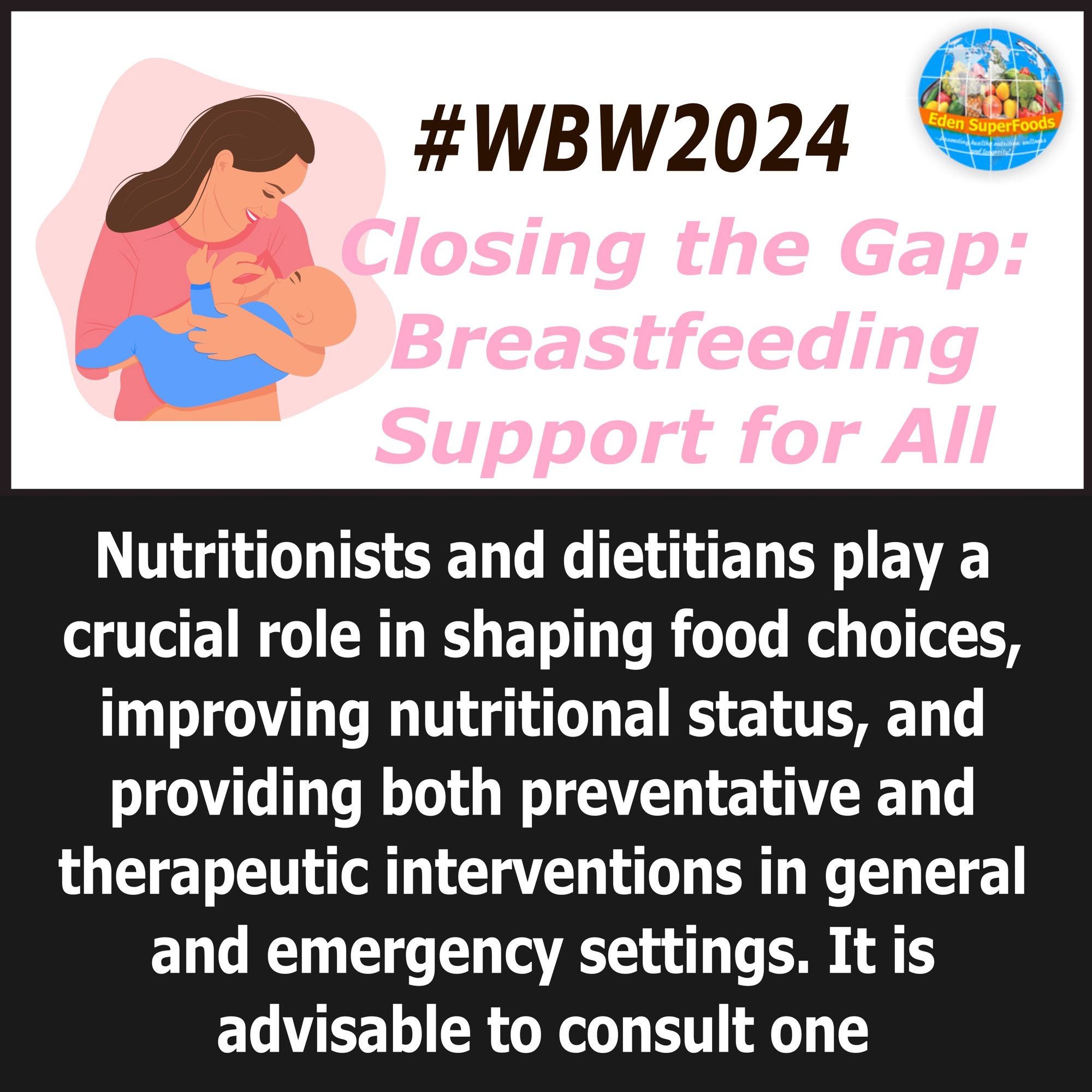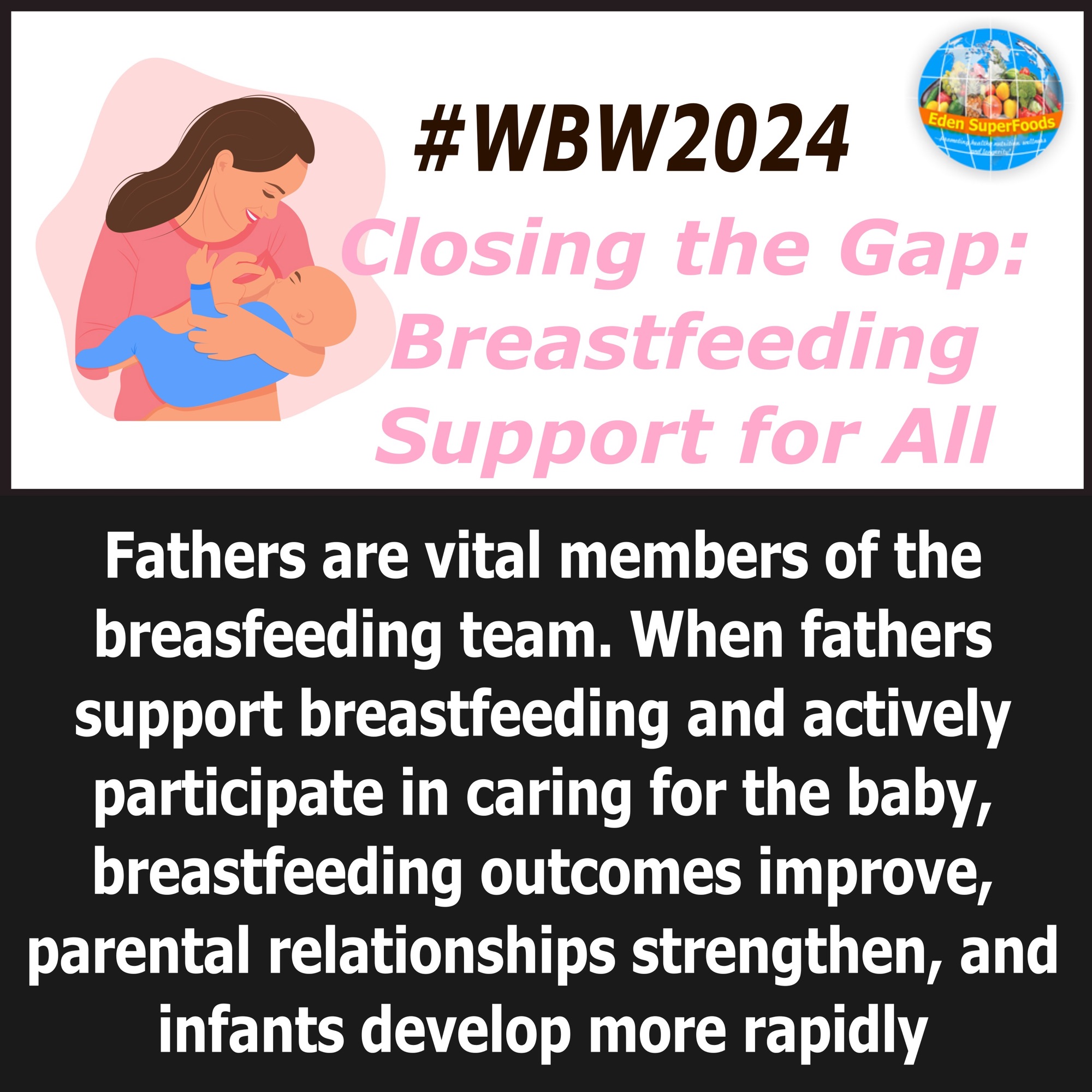Ensuring effective child development during the first 1,000 days is critical. Appropriate breastfeeding practices play a fundamental role in this early stage of life. Any damage done during this period is irreversible, making it essential to understand and implement proper breastfeeding methods.
Why the First 1,000 Days Matter
The first 1,000 days, starting from conception to a child’s second birthday, are a period of rapid growth and development. Proper nutrition during this time can have a profound impact on a child’s future health, cognitive development, and overall well-being.
The Role of Breastfeeding
Breastfeeding provides the ideal nutrition for infants. It contains the perfect balance of nutrients, is easily digestible, and contains antibodies that help protect babies from common childhood illnesses. Exclusive breastfeeding is recommended for the first six months, followed by continued breastfeeding along with appropriate complementary foods up to two years of age or beyond.
Irreversible Damage
Inadequate breastfeeding practices during the first 1,000 days can lead to irreversible damage. Poor nutrition during this critical period can result in stunted growth, weakened immune systems, and long-term cognitive and developmental issues. Therefore, it’s vital to prioritize and support proper breastfeeding practices to ensure optimal child development.
Supporting Mothers and Families
Providing support to mothers and families is crucial for successful breastfeeding. This includes offering education on breastfeeding techniques, addressing common challenges, and ensuring access to healthcare and lactation support services.

Strong Child Health Foundation is Laid
Appropriate breastfeeding practices are indispensable for ensuring a child’s first 1,000 days are as effective as possible. By understanding the importance of this critical period and providing the necessary support, we can help lay a strong foundation for a child’s future health and development.





